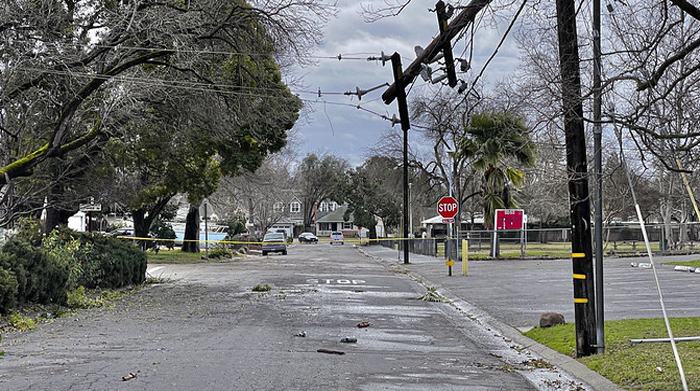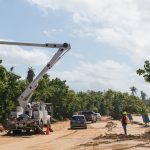FEMA Releases 2022 National Preparedness Study

Image courtesy of Robert Couse-Baker under Attribution 2.0 Generic License, resized to 700 x 391 pixels.
On December 29, 2022, FEMA released its 2022 National Preparedness Study. Unfortunately, it does not paint a pretty picture and leans heavily into climate change as the reason why (and secondarily, terrorism, pandemics and cyber-attacks). Simply put, utilities and emergency managers are facing a continuously expanding risk environment.
Details of FEMA’s 2022 National Preparedness Study
The purpose of this annual FEMA report is to summarize the state of national preparedness, discuss the risks the U.S. faces and how those risks impact emergency management capability requirements. This is the 10th anniversary of the report, which was launched in 2012. Here is a brief summary of the 2022 report’s findings (click on the link above for the full details):
- Climate change is exposing existing deficiencies – 92% of the communities referenced in the report cited climate change as the biggest issue they’re dealing with. All told, the U.S. incurred $20 billion in disaster damages in 2021.
- The data suggests that “Body Recovery/Storage and Medical Care” processes during a disaster scenario are insufficient.
- Poverty, insufficient access to transportation, and housing capacity issues hinder efforts to prevent or minimize fatalities, injuries and financial damages during disaster scenarios.
To combat these poor marks, FEMA has committed to working with vulnerable communities to ensure they are better prepared going forward. Efforts include, but are not limited to, expanding PSAs to reach deeper into communities, and making the FEMA mobile app, which helps people before, during and after emergency situations, more readily available.
So, what can utilities take away from this? Well, the obvious answer is to focus on optimizing communication, outage restoration and recovery efforts in low income or otherwise vulnerable communities. Emergency preparedness must not discriminate, and by definition must benefit the maximum number of people possible. There’s no doubt about it, if we can learn anything from FEMA’s 2022 National Preparedness Study, this is the key lesson. Good luck!



